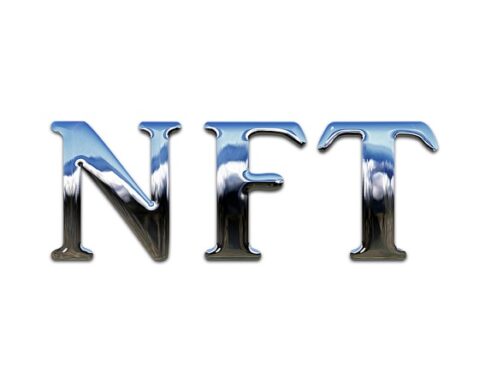NFTS and their power in Music Distribution
In recent years the explosion of NFTs in the music world has been significant, with the new technology getting the attention of singers and musicians including new artists and legendary bands. Compared to already well-known streaming platforms such as Spotify, Apple Music, Pandora, which artists already beneficially use for music promo, now a new big area is also coming. Musicians are starting to use NFTs for growing fan bases and establishing overall online presents.
What is NFT?
NFT stands for non-fungible tokens. It can technically contain anything digital – this can include drawings, songs, or items in video games. NFTs allows you to buy and sell the ownership of these digital items – and blockchain is used to track who owns them.
It was during the lockdowns of Covid 19 pandemic that NFTs really came to stand out as a potential income generator for music artists.
NFT and Music Distribution
With the arrival of streaming platforms such as Youtube, Apple Music and Spotify, it’s clear that modern music distribution has changed dramatically. The industry is worth over $20 billion dollars and everyone wants a piece of the action.
Streaming platforms as a way of music distribution have certainly helped artists to gain exposure and get a platform that they may never have had even a decade ago, yet there are issues around them.
One of the biggest issues is the scale of their domination and the fact that this undercuts decentralization – and so really affects the revenue of artists. NFTs are offering something pretty different – the opportunity for transparency and openness that could really help to empower artists.
Cutting back on influence
In many ways NFTs can be an escape from the influence that record labels and bigger enterprises can have on artists.
Using NFTs, artists can get funds directly via their fans – meaning they aren’t as dependent and don’t need to be told how they should perform or what they should say and do.
There have been lots of examples of selling music (a digital item) in order to promote artists. In this way, NFTs can create a more direct relationship – boosting music revenues without a third party such as a record label.
A smooth process
All transactions for NFTs are registered on the blockchain. This means that it is so much simpler to collect revenue when compared with lengthy and drawn out processes such as corporate royalty collection. There’s also more transparency and there’s less likelihood for artists to be left out of pocket thanks to metadata and specific source codes linked to individual artist’s music.
Did you know that Eminem made $1.7 million USD from his ‘Shady Con’ NFT collection? It shows the power of NFTs.
A way to engage fans
NFTs can be a great way to allow fans to invest in artists and their creative process. In the past it’s always been big investors who have been able to make music investments – but yet again NFTs allow a more direct link between fans and artists, meaning that fans can put up smaller amounts of cash for artist’s songs.
With the NFT technology, it’s also possible for songs to be split into portions and for parts of them to be sold to fans or investors. This allows individual fans to act as sponsors and promoters of the music.




